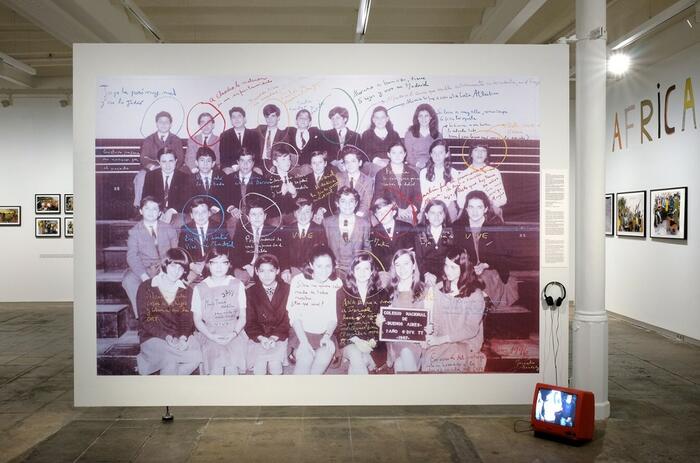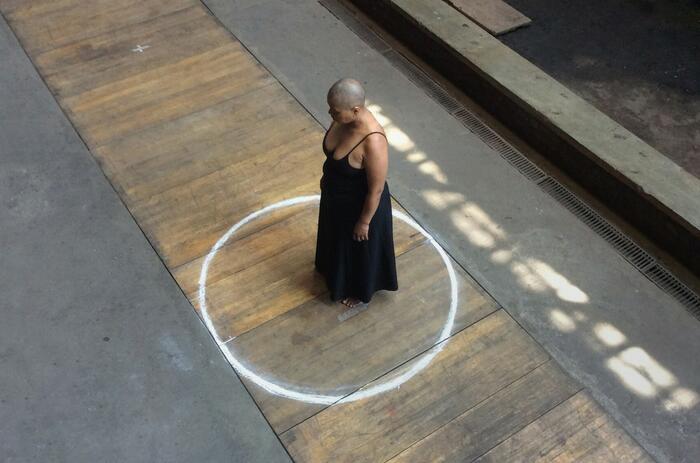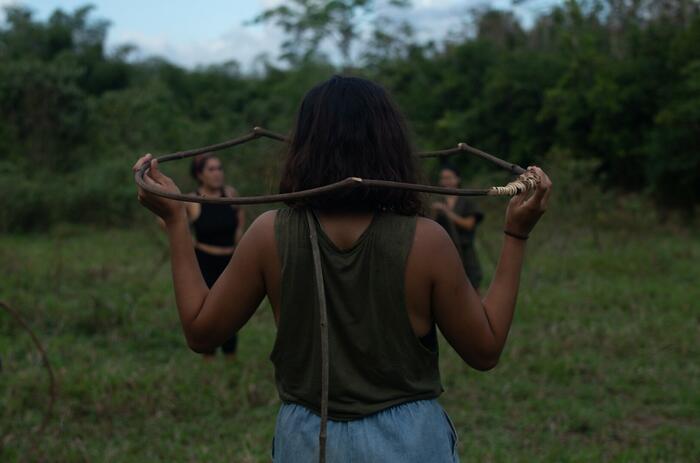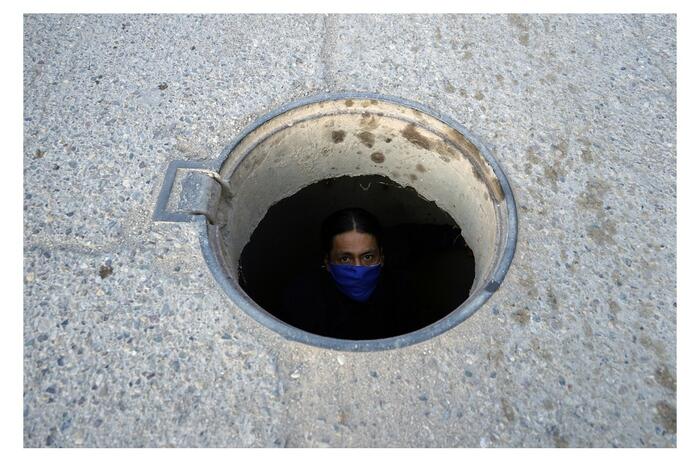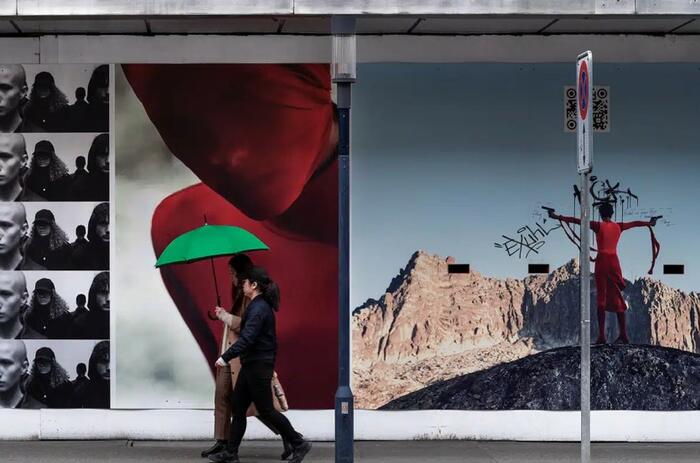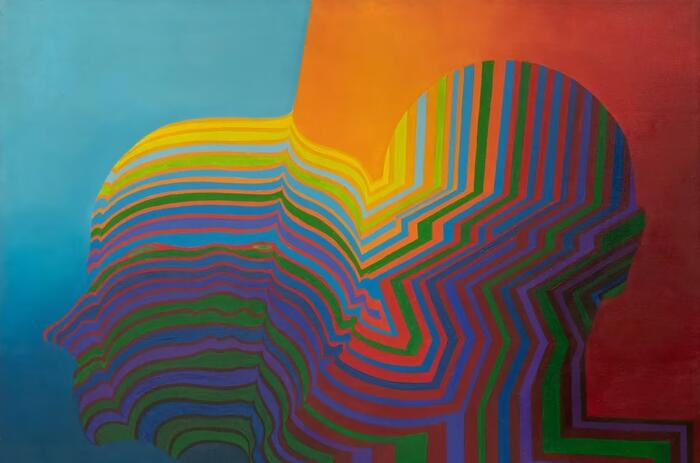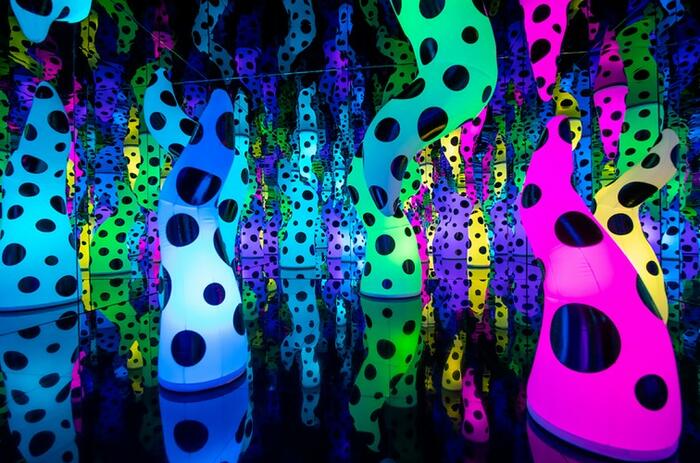PODRÍA SER YO. PHOTOGRAPHY AS A COLLECTIVE EXPERIENCE WITH ALICIA D'AMICO
At the Museo de Bellas Artes, images by artist Alicia D'Amico are displayed in Podría ser yo (It could be me), that wereincluded in the historic essay by Elizabeth Jelin and Pablo Vila, published in 1987, on daily life in working-class neighborhoods.
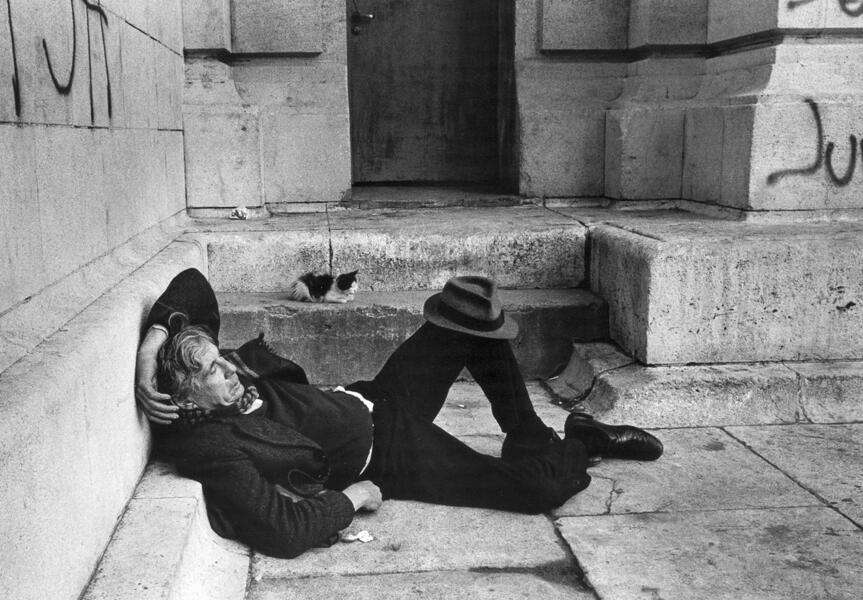
In 1987, in the context of Argentina’s democratic transition, Elizabeth Jelin and Pablo Vila conceived a book that redefined the link between social sciences and photography. In this publication, images function as a trigger: from the photographs taken by Alicia D'Amico in popular urban environments, the story of different actors about themselves and their environment emerged. In the open dialogue between image and word, the sensitive gaze of one of the most relevant Argentine photographers merged with the active role of the protagonists around their own image.
D'Amico's photographic record is organized into six chapters, which deal with themes such as the different ways of earning a living in the urban low-income sectors, migration, life in democracy, the varied situations of waiting, and women's relationship with leisure time.
The collected photographs also foreground the aesthetic-political imprint of different projects that D'Amico developed since the mid-1980s: in addition to representing the popular sectors, she was interested in social struggles such as that of the Mothers of Plaza de Mayo and organized feminist photographic workshops.
The images transcend publics and spaces. The exhibition hopes to summon new experiences to add to those of the protagonists gathered around the publication. Podría ser yo (It could be me) crosses subjectivities and social sectors, as well as the walls of the room and aesthetic categories.
-
Alicia D’Amico. Fotografía del capítulo "La resignación de esperar". 1985-1986. Fotografía analógica, copias de época. Archivo Elizabeth Jelin © Alicia D'Amico.
-
Alicia D’Amico. Fotografía del capítulo "Nosotros estamos con la democracia. Ella, ¿está con nosotros?" 1985-1986. Fotografía analógica, copias de época. Archivo Elizabeth Jelin. Copyright: Alicia D'Amico.
-
Alicia D’Amico. Fotografías del capítulo "El ocio es de los otros. Las mujeres y el tiempo". 1985-1986. Fotografía analógica, copias de época. Archivo Elizabeth Jelin. Copyright: Alicia D'Amico
-
Alicia D’Amico. Fotografías del capítulo "El ocio es de los otros. Las mujeres y el tiempo". 1985-1986. Fotografía analógica, copias de época. Archivo Elizabeth Jelin. Copyright: Alicia D'Amico.
-
Alicia D’Amico.Fotografías del capítulo "La resignación de esperar". 1985-1986. Fotografía analógica, copias de época. Archivo Elizabeth Jelin. Copyright: Alicia D'Amico.
-
Alicia D’Amico. Fotografías del capítulo "Los libros son como los ojos de uno, te hacen ver". 1985-1986. Fotografía analógica, copias de época. Archivo Elizabeth Jelin. Copyright: Alicia D'Amico.
-
Alicia D’Amico. Fotografías del capítulo "Nosotros estamos con la democracia. Ella, ¿está con nosotros?". 1985-1986. Fotografía analógica, copias de época. Archivo Elizabeth Jelin. Copyright: Alicia D'Amico.
-
Alicia D’Amico. Fotografías del capítulo "Hay mil maneras de ganarse la vida". 1985-1986. Fotografía analógica, copias de época. Archivo Elizabeth Jelin © Alicia D'Amico.
-
Alicia D’Amico. Fotografías del capítulo La resignación de esperar. 1985-1986. Fotografía analógica, copias de época. Archivo Elizabeth Jelin © Alicia D'Amico.
-
Alicia D’Amico. Fotografías del capítulo "El ocio es de los otros. Las mujeres y el tiempo". 1985-1986. Fotografía analógica, copias de época. Archivo Elizabeth Jelin. Copyright: Alicia D'Amico.
Alicia D'Amico (Buenos Aires, 1933- 2001) graduated from the School of Fine Arts in 1953, and studied visual arts in Paris for a year, with a scholarship from the French government. Her photographic training began in 1957 in the studio of her father, Luis D'Amico, and continued with Annemarie Heinrich. In the beginning, she participated in the photoclub circuit. Between 1960 and 1985, he had a studio with Sara Facio, where he dedicated himself to portraits and works for newspapers and magazines in Argentina, Europe and the United States. This collaboration resulted in books such as "Buenos Aires, Buenos Aires" (1968) and "Humanario" (1977). She was co-founder of the photographic publishing house La Azotea (1973) -to which she remained linked until 1986- and of the Consejo Argentino de Fotografía (1979), in which she participated until 1987. She was also part of the creation of Lugar de Mujer, a feminist organization that emerged in the early 1980s. At that time, she also developed a work committed to other demands and sectors: works on the Mapuche people, the Mothers of Plaza de Mayo or the popular sectors, the latter materialized in the book "It could be me. Los sectores populares urbanos en imagen y palabra", by Elizabeth Jelin and Pablo Vila, 1987.

